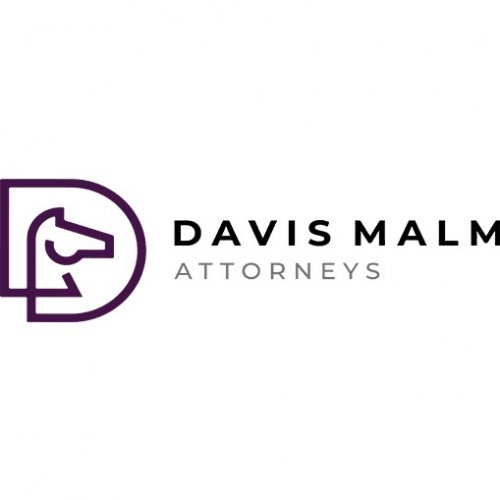Best Child Custody Lawyers in Boston
Share your needs with us, get contacted by law firms.
Free. Takes 2 min.
Free Guide to Hiring a Family Lawyer
List of the best lawyers in Boston, United States
About Child Custody Law in Boston, United States
Child custody refers to the legal and practical relationship between a parent and their child. In Boston, United States, child custody decisions are made based on what is in the best interest of the child. The court aims to ensure the child's safety, stability, and well-being while taking into account factors such as the child's age, health, and wishes.
Why You May Need a Lawyer
While it is possible to represent yourself in child custody matters, having a lawyer can be beneficial in several situations:
- If your ex-spouse/partner has hired legal representation
- If you are facing a complex child custody dispute
- If you are unable to reach a custody agreement with the other parent
- If you believe the child's best interest is not being considered
- If you need assistance in understanding and navigating the legal procedures
Local Laws Overview
In Boston, United States, child custody laws are determined at the state level, and several key aspects should be considered:
- Physical Custody: This refers to where the child will primarily live and who they will spend time with.
- Legal Custody: This determines who has the authority to make important decisions regarding the child's upbringing, such as education, healthcare, and religious practices.
- Joint Custody: It is common for courts to prefer joint custody arrangements to ensure both parents remain involved in the child's life. However, specific conditions may impact the allocation of custody.
- Visitation Rights: If one parent is not granted physical custody, they are often awarded visitation rights to maintain a relationship with the child.
- Modifications: Existing custody agreements can be modified if there are substantial changes in circumstances or if one parent violates the agreement.
Frequently Asked Questions
Q: How does the court determine child custody?
A: The court considers various factors, including the child's age, health, and relationship with each parent. The primary concern is the child's best interest.
Q: Can grandparents seek custody of a grandchild?
A: Yes, grandparents can petition the court for custody rights if it is in the child's best interest and if certain conditions are met.
Q: Can a custody agreement be modified?
A: Yes, custody agreements can be modified if there are substantial changes in circumstances or if one parent fails to comply with the agreement.
Q: What if the other parent violates the custody agreement?
A: If one parent consistently violates the custody agreement, it can be brought to the court's attention, and the non-compliant parent may face consequences.
Q: What is the role of a guardian ad litem?
A: A guardian ad litem is an attorney appointed by the court to represent the child's best interest. They conduct investigations and make custody recommendations to the court.
Additional Resources
If you require further information or legal assistance regarding child custody in Boston, United States, consider contacting the following resources:
- Boston Family Court
- Boston Bar Association
- Legal Aid organizations in Boston
- Department of Children and Families
Next Steps
If you need legal assistance in child custody, the following steps can help:
- Gather all relevant documents and information related to your child and the custody situation.
- Research and contact reputable family law attorneys in Boston.
- Schedule initial consultations with potential lawyers to discuss your case.
- Choose a lawyer who has experience in child custody and whom you feel comfortable working with.
- Follow their guidance and cooperate fully throughout the legal process to ensure the best outcome for your child.
Lawzana helps you find the best lawyers and law firms in Boston through a curated and pre-screened list of qualified legal professionals. Our platform offers rankings and detailed profiles of attorneys and law firms, allowing you to compare based on practice areas, including Child Custody, experience, and client feedback.
Each profile includes a description of the firm's areas of practice, client reviews, team members and partners, year of establishment, spoken languages, office locations, contact information, social media presence, and any published articles or resources. Most firms on our platform speak English and are experienced in both local and international legal matters.
Get a quote from top-rated law firms in Boston, United States — quickly, securely, and without unnecessary hassle.
Disclaimer:
The information provided on this page is for general informational purposes only and does not constitute legal advice. While we strive to ensure the accuracy and relevance of the content, legal information may change over time, and interpretations of the law can vary. You should always consult with a qualified legal professional for advice specific to your situation.
We disclaim all liability for actions taken or not taken based on the content of this page. If you believe any information is incorrect or outdated, please contact us, and we will review and update it where appropriate.











